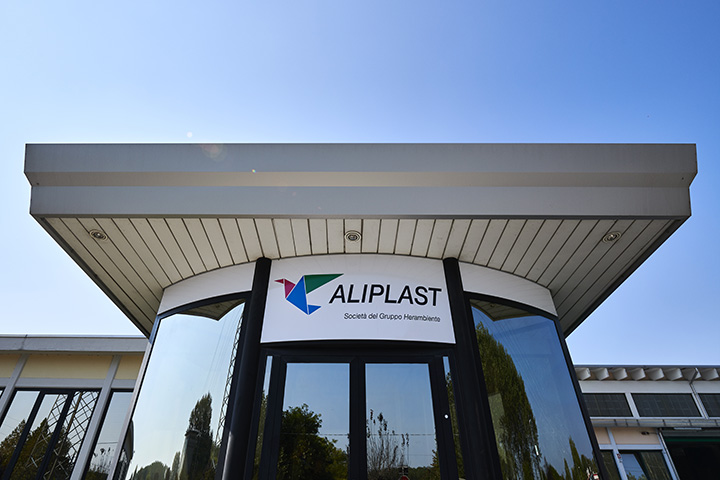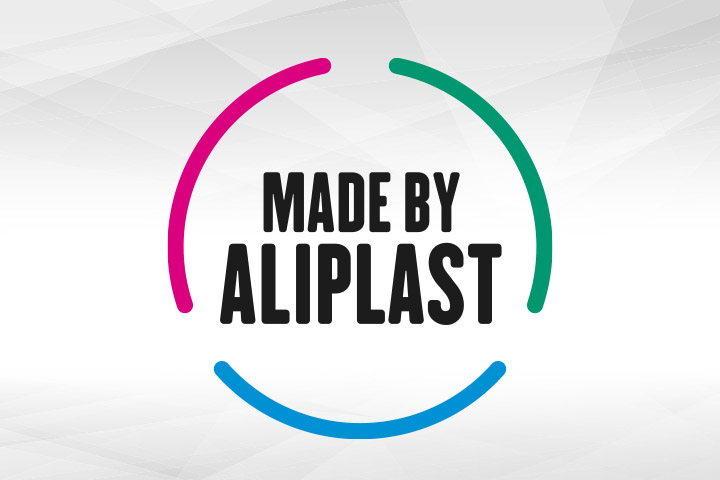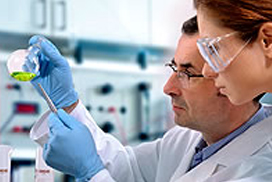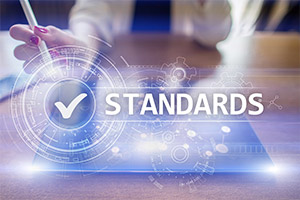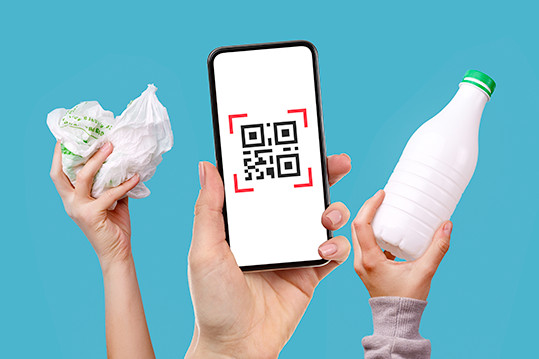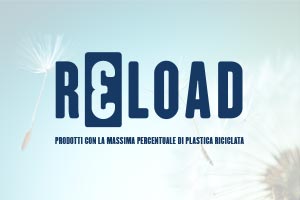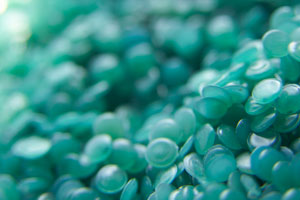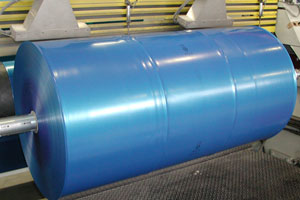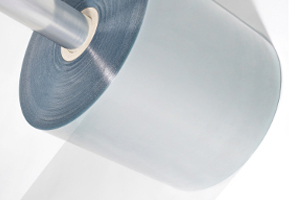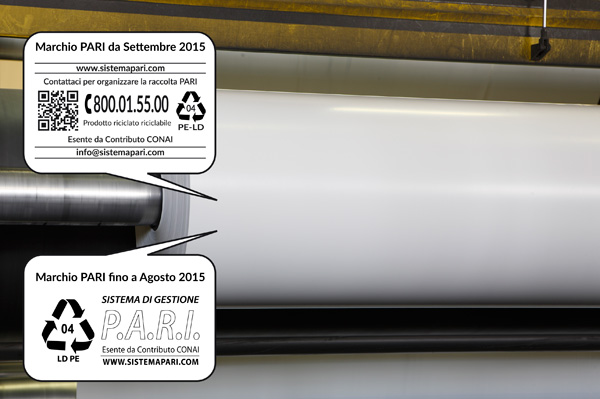News
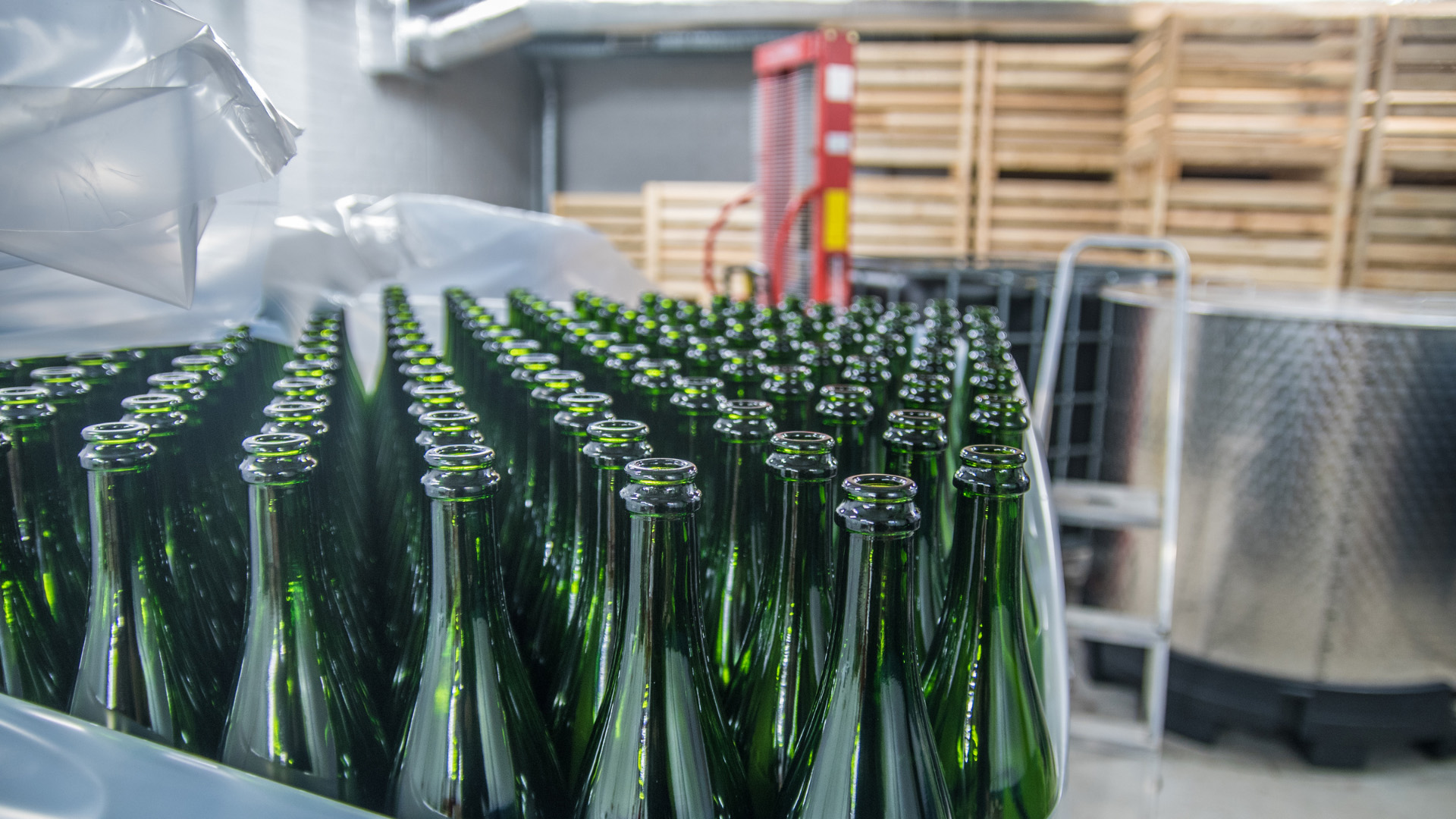
We work for the wine and Champagne industry
28 June 2022
Champagne: a rich market with room for improvement in the recovery process
 Champagne’s market share in the world of sparkling wines is 9% in volume and a whopping 33% in value, according to Comité de Champagne. In 2020, the turnover was 4.2 billion Euros. It’s a niche but rich market that can offer opportunities for business development and process improvement towards a more sustainable model. This is where Aliplast comes in: the company has almost forty years of experience in the plastic recovery industry and offers a specific service portfolio, both to the Champagne and Bordeaux companies. Specifically, the Italian company provides and recovers two types of materials: polyethylene films used for the exterior packaging of bottles and polystyrene interlayers used to protect those same bottles during transportation. Both materials are part of “closed loop” processes, in which waste materials are recovered, cleaned, processed again and then reintroduced in the same supply chain, therefore increasing its sustainability.
Champagne’s market share in the world of sparkling wines is 9% in volume and a whopping 33% in value, according to Comité de Champagne. In 2020, the turnover was 4.2 billion Euros. It’s a niche but rich market that can offer opportunities for business development and process improvement towards a more sustainable model. This is where Aliplast comes in: the company has almost forty years of experience in the plastic recovery industry and offers a specific service portfolio, both to the Champagne and Bordeaux companies. Specifically, the Italian company provides and recovers two types of materials: polyethylene films used for the exterior packaging of bottles and polystyrene interlayers used to protect those same bottles during transportation. Both materials are part of “closed loop” processes, in which waste materials are recovered, cleaned, processed again and then reintroduced in the same supply chain, therefore increasing its sustainability.
Two types of plastics, same efficiencies
 French companies in the wine industry use two types of material: heat-shrink plastics, used to package new bottles, and interlayers, used to hold together pallets. The material is recovered once the packaging is removed from the bottles; it is then washed, melted, and processed to produce a film (and a small quantity of granules) in the Aliplast plant located in Ospedaletto di Istrana, Treviso. This end-to-end closed-loop process recovers several hundreds of tons of material, which makes Aliplast one of the biggest collecting and recycling company on the French market for this type of film.
French companies in the wine industry use two types of material: heat-shrink plastics, used to package new bottles, and interlayers, used to hold together pallets. The material is recovered once the packaging is removed from the bottles; it is then washed, melted, and processed to produce a film (and a small quantity of granules) in the Aliplast plant located in Ospedaletto di Istrana, Treviso. This end-to-end closed-loop process recovers several hundreds of tons of material, which makes Aliplast one of the biggest collecting and recycling company on the French market for this type of film.
Higher volumes and lower weights for polystyrene interlayers
 The same principle applies to the interlayers that serve as partition between bottles, placed between the bottom of the crate and the bottles. The material used here is lacquered polystyrene, which has a high volume with a relatively low weight, and this requires special care during the recovering and processing stages. For this reason, once the waste has been recovered from the crates, the process is carried out in the French Aliplast plant, where the material is ground, washed and manufactured to become a secondary raw material, which is then reintroduced in the supply chain. This whole operation has led to the recovery, in 2021, between films and interlayers, of approximately 300 tons of plastic material.
The same principle applies to the interlayers that serve as partition between bottles, placed between the bottom of the crate and the bottles. The material used here is lacquered polystyrene, which has a high volume with a relatively low weight, and this requires special care during the recovering and processing stages. For this reason, once the waste has been recovered from the crates, the process is carried out in the French Aliplast plant, where the material is ground, washed and manufactured to become a secondary raw material, which is then reintroduced in the supply chain. This whole operation has led to the recovery, in 2021, between films and interlayers, of approximately 300 tons of plastic material.
Technology and expertise for a diverse range of markets
 This is a positive example of the application of technologies to plastic recycling in a luxury market. However, Aliplast doesn't just boast a long experience in Champagne; for decades, the Italian company has also been working with the main Italian beer and wine producers, serving, among the others, businesses making Lambrusco and Prosecco. The offer for the wine industry demonstrates the versatility and diverse nature of the company’s services, with end-to-end applications in the beverage industry. Besides recovering packaging films, Aliplast also has a specific expertise in the plastic bottle segment.
This is a positive example of the application of technologies to plastic recycling in a luxury market. However, Aliplast doesn't just boast a long experience in Champagne; for decades, the Italian company has also been working with the main Italian beer and wine producers, serving, among the others, businesses making Lambrusco and Prosecco. The offer for the wine industry demonstrates the versatility and diverse nature of the company’s services, with end-to-end applications in the beverage industry. Besides recovering packaging films, Aliplast also has a specific expertise in the plastic bottle segment.
news list



